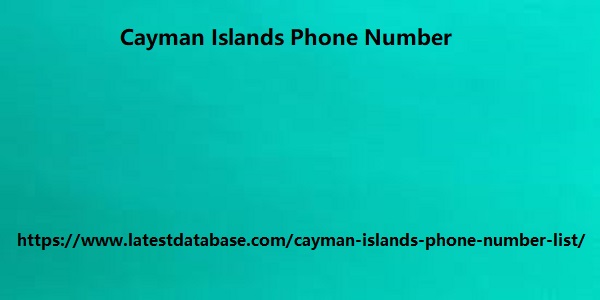The transporter is not responsible, in the tax area, for loss of goods during imports carried out under the tax suspension regime. With this understanding, already pacified in the Superior Court of Justice, the 1st Panel of the court denied an appeal by the National Treasury in an action to annul tax debt filed by a maritime transport company.
Based on the vote of the rapporteur, minister Arnaldo Esteves Lima, the Panel concluded that, if the internment of the goods occurred normally, there Cayman Islands Phone Number would be no taxation due to the objective exemption levied on imported goods. Therefore, as there was loss, it cannot be said that the carrier is subjectively liable, due to the absence of tax losses.
The National Treasury had appealed to the STJ against the decision of the Federal Regional Court of the 3rd Region, which declared the tax credit related to the Import Tax and the respective fine to be unenforceable. For TRF-3, if merchandise destined for the store is lost, imported under the tax suspension regime, the transporter must not reimburse the public coffers.

The appeal judged in the 1st Panel did not deal with a previously granted exemption, but with suspension — in which case the merchandise, intended for sale in a duty-free store, is imported without taxes and only becomes effectively exempt when it is sold. The rapporteur highlighted that the suspension of the tax, in these cases, works as a type of temporary exemption, which becomes definitive when the product is sold in a duty-free store.
“Tax legislation, in these cases, with the expectation that the imported good will be destined for sale in a tax-free area, allows the taxpayer to conditionally exclude it from paying taxes,” said the minister. With information from the Press Office of the Superior Court of Justice.